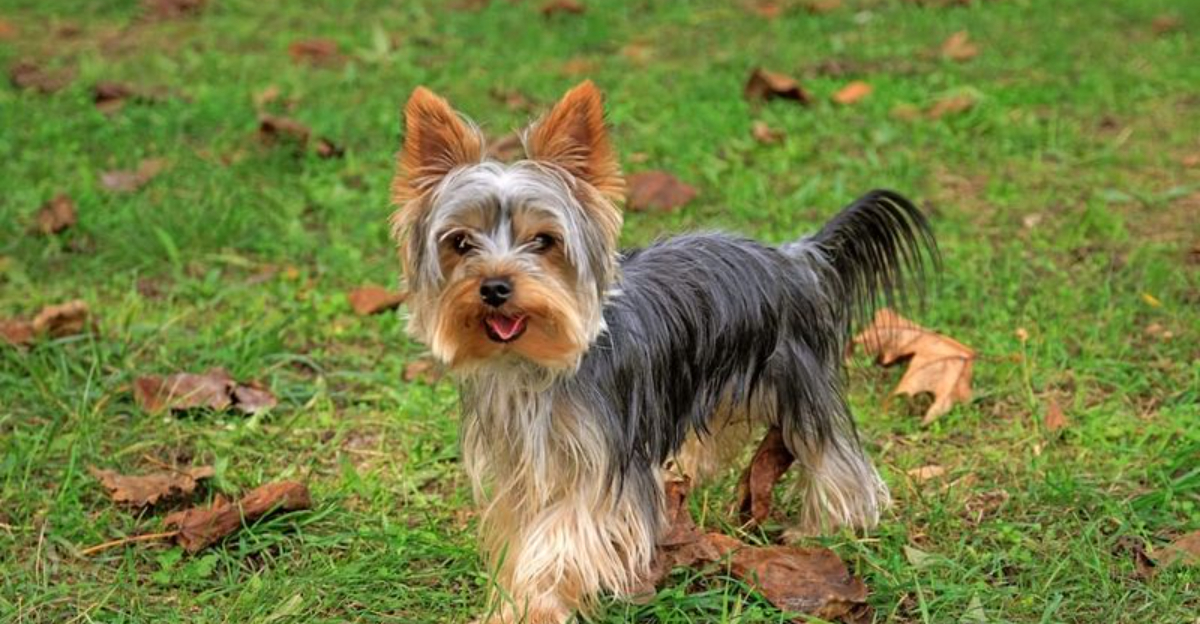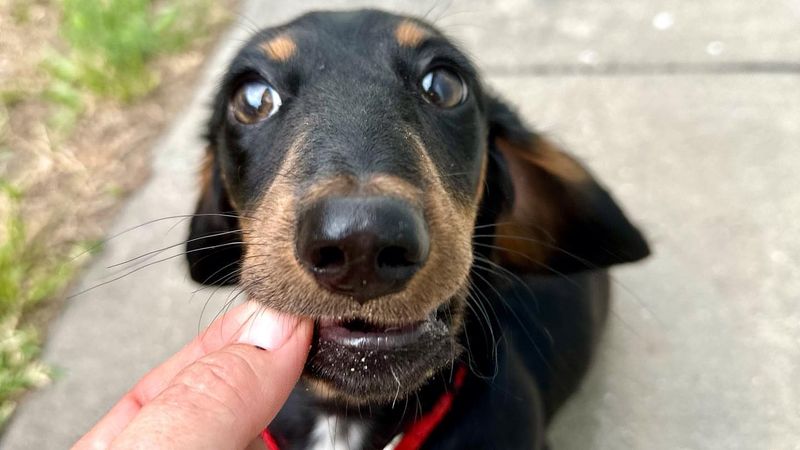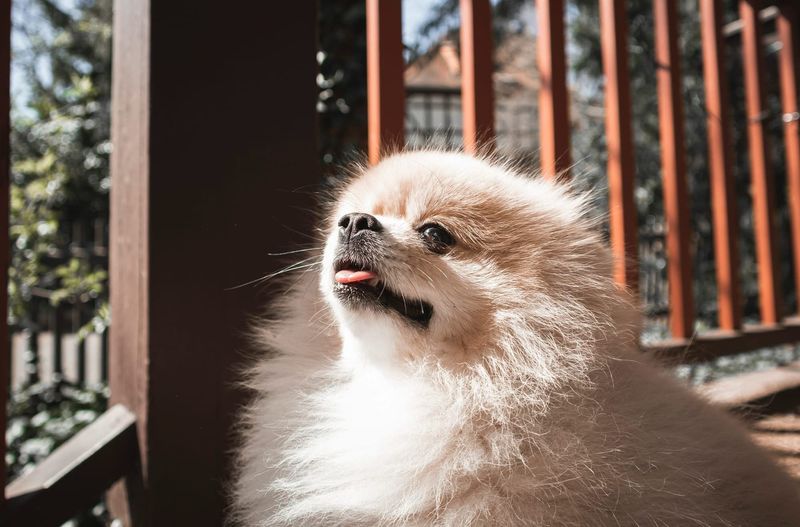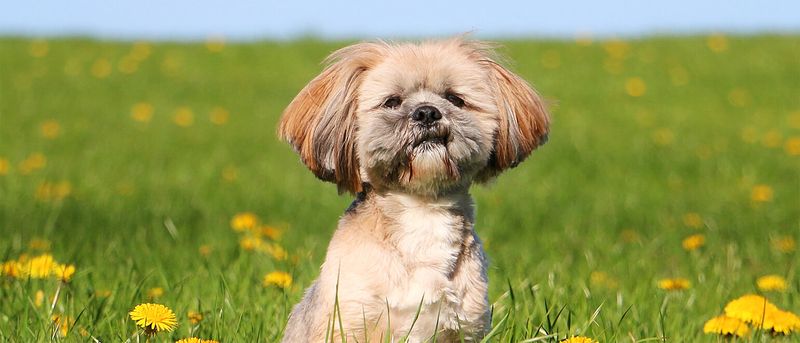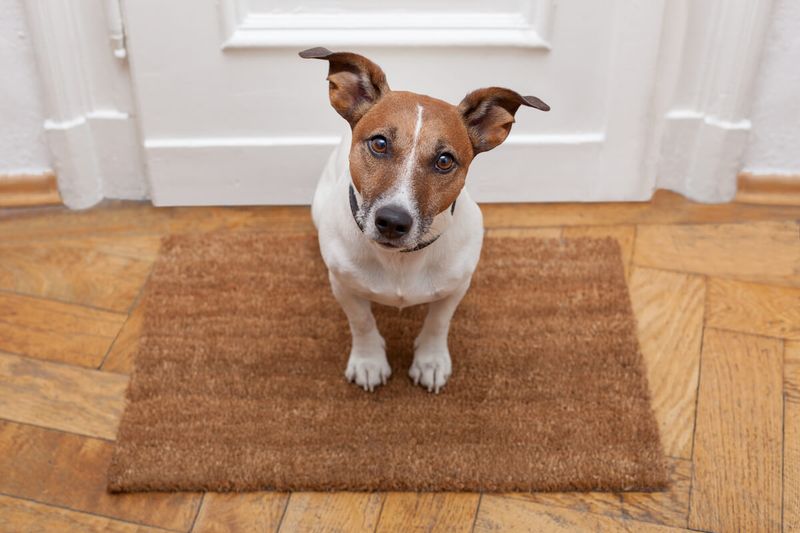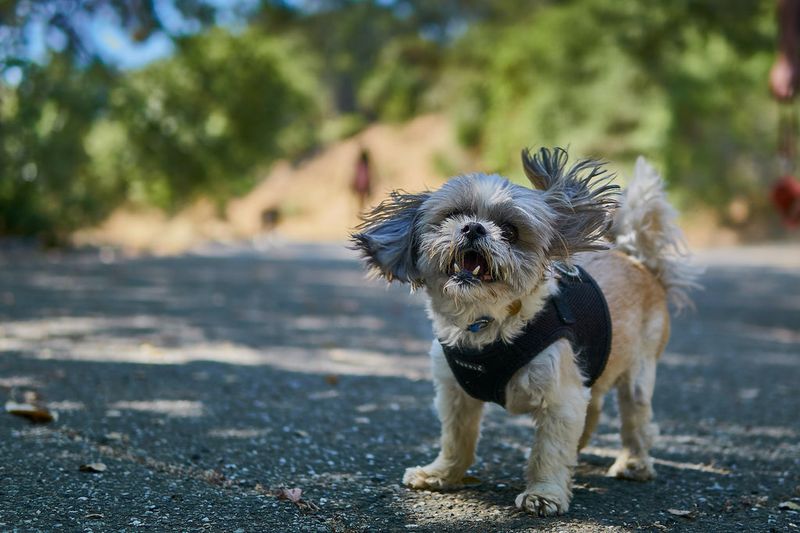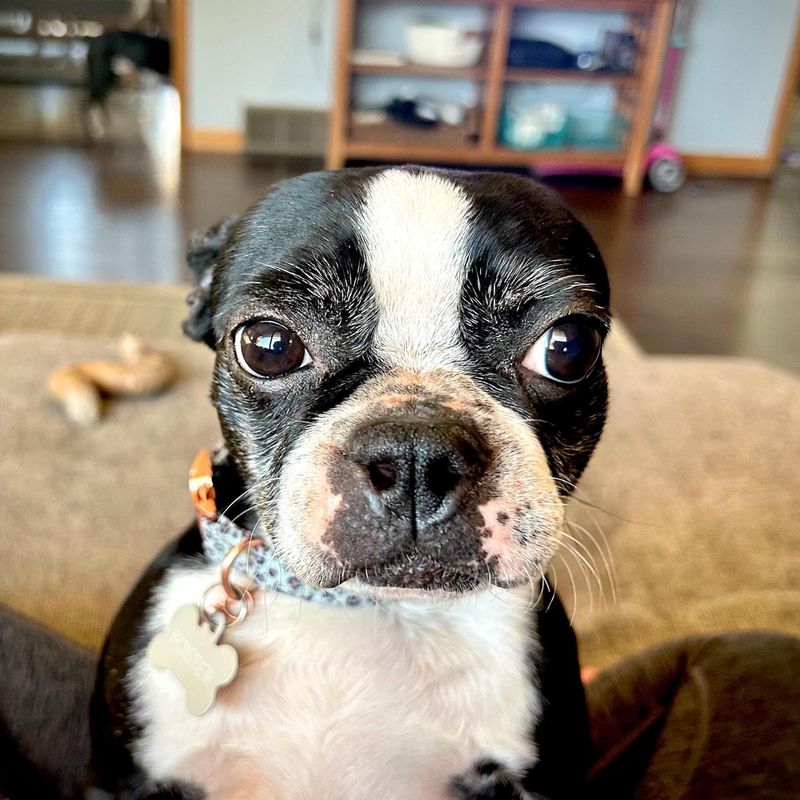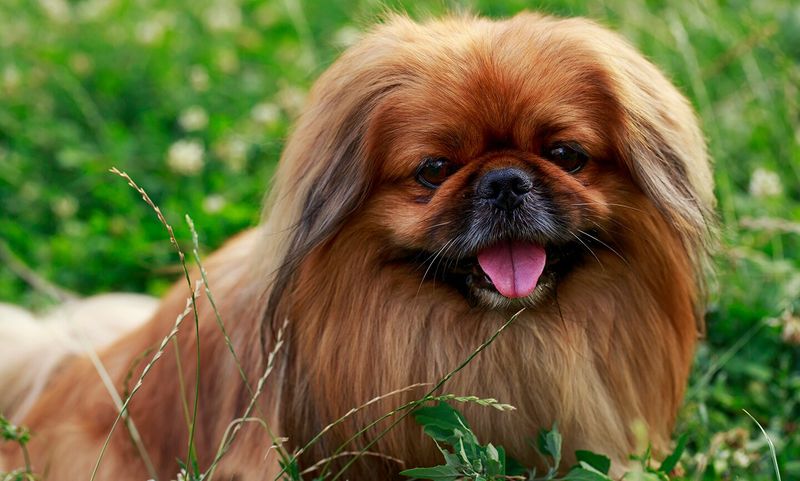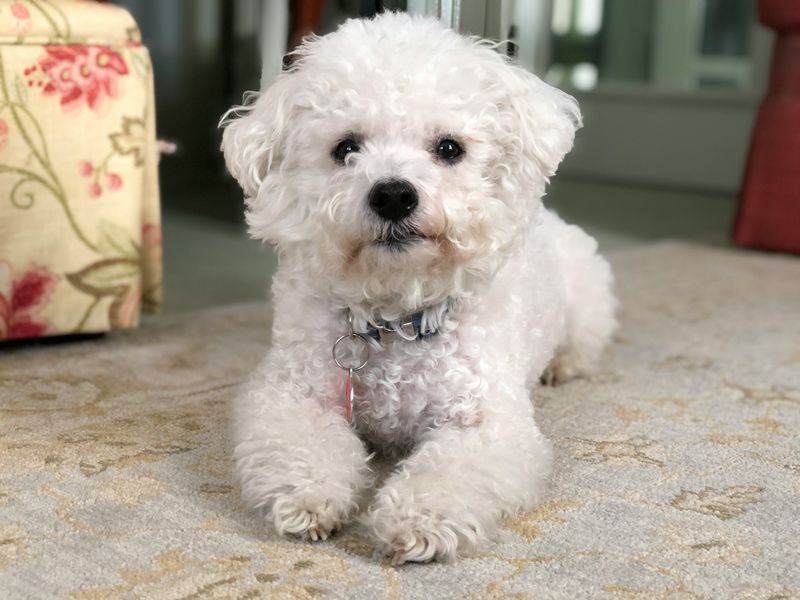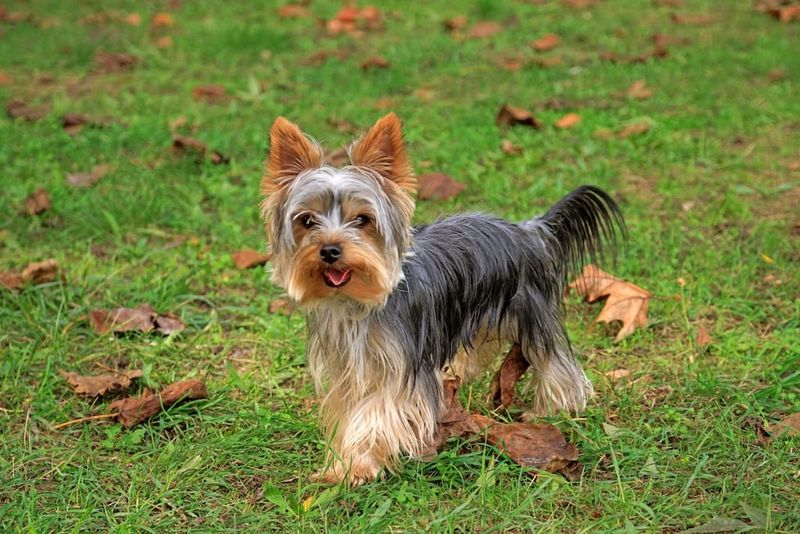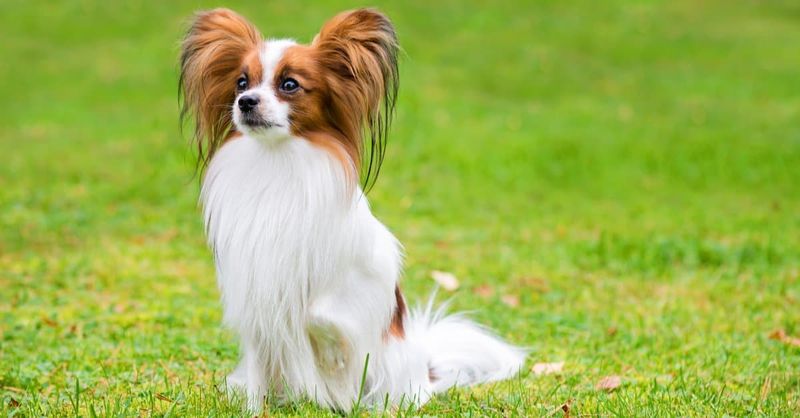Adorable at first glance, some dog breeds charm us with their looks while surprising us with unexpected assertiveness. While these breeds may appear sweet and cuddly, they sometimes display territorial behaviors or a protective nature. Let’s explore twelve of these charming yet surprisingly aggressive dog breeds.
Chihuahua
Chihuahuas, though tiny and cute, often display big personalities and can be surprisingly aggressive. They are known for their fierce loyalty to their owners, which sometimes translates into defensive or territorial behavior. This breed tends to be wary of strangers, making them excellent watchdogs. Yet, their assertive nature can lead to confrontations with larger dogs. Socialization is key to managing their bold temperament in a variety of settings, ensuring they remain friendly and approachable. While Chihuahuas are undeniably charming, prospective owners should be prepared for their spirited personalities. Training and patience will go a long way in harmonizing their behavior.
Dachshund
Dachshunds are often admired for their unique appearance and lively demeanor. Despite their small size, they possess a surprising level of boldness and can be quite stubborn. Originally bred for hunting, they have a strong prey drive and may show aggression towards smaller animals. Their tendency to bark at strangers makes them good alert dogs, but this can also escalate to assertiveness if not managed. With consistent training and socialization, Dachshunds can be delightful companions. Owners should focus on positive reinforcement to curb any unwanted aggressive tendencies, making them more well-rounded family pets.
Pomeranian
Pomeranians are small fluffy dogs known for their vivacious energy and confident demeanor. While their appearance is undeniably cute, they can exhibit surprisingly aggressive behavior, especially if they feel threatened or cornered. They often act bigger than their size, barking at strangers or unfamiliar animals. Proper training and early socialization are crucial to tame their assertive nature. Engaging them in activities and providing mental stimulation can help balance their temperament. While Pomeranians make adorable companions, understanding and managing their occasional aggression is essential for a harmonious relationship with this feisty breed.
Cocker Spaniel
Cocker Spaniels are beloved for their expressive eyes and silky ears, creating an image of perfect canine elegance. However, they can sometimes exhibit aggression, particularly if they are not properly socialized. Known for their gentle nature, these dogs can become possessive or protective of their families. Regular training and positive reinforcement can mitigate these tendencies, encouraging their naturally friendly demeanor. Despite occasional aggression, Cocker Spaniels thrive in active households where they receive both love and boundaries. With the right approach, they remain loving and loyal companions, cherished for their affectionate nature.
Lhasa Apso
Lhasa Apsos, with their majestic coats and noble expressions, are often perceived as aloof or independent. Originally bred as guard dogs, they retain a strong protective instinct, sometimes leading to aggressive behavior if they sense danger. These dogs are highly alert and can be suspicious of strangers, showcasing their watchdog abilities. Training and socialization are paramount in managing their assertive streak, ensuring they interact well with family and friends. While their appearance is gracefully charming, prospective owners should be prepared for a dog that is both vigilant and fiercely protective of its loved ones.
Jack Russell Terrier
Jack Russell Terriers are known for their energetic and playful nature, making them delightful companions for active individuals. However, their spirited personality can sometimes lead to aggressive behaviors, particularly if they become bored or frustrated. These dogs are intelligent and require mental stimulation, as well as physical exercise, to keep them happy and well-adjusted. Socialization from a young age can help mitigate any aggressive tendencies, ensuring they are friendly with other animals and humans. Their enthusiasm is infectious, but owners should be diligent in providing structure and boundaries for harmonious living with this exuberant breed.
Shih Tzu
Shih Tzus are adored for their luxurious coats and affectionate nature, often seen as the epitome of lap dogs. Despite their endearing appearance, they can sometimes exhibit stubbornness and defensive aggression, especially if mishandled or startled. Training with patience and consistency helps manage these tendencies, promoting a more balanced demeanor. Socialization is crucial to ensure they are comfortable with various environments and people. With their charming looks, Shih Tzus are a favorite among dog lovers, but prospective owners should be prepared to invest time and effort in cultivating their best behavior.
Boston Terrier
Boston Terriers, often called the ‘American Gentleman,’ are loved for their distinctive appearance and friendly nature. However, they can sometimes show aggressive behavior, often as a result of their protective instincts. These compact dogs are known for their intelligence and require firm but gentle training. Consistent socialization from a young age helps them develop positive relationships with people and other animals. While they may display assertive behavior, Boston Terriers are generally affectionate and loyal companions. Understanding their needs and providing structured guidance ensures they thrive in family settings.
Pekingese
Pekingese are known for their regal appearance and independent spirit, often likened to little lions. Despite their size, they possess a strong-willed nature and can be quite territorial, leading to aggressive displays if challenged. These dogs are deeply loyal but require respect and understanding from their owners. Training focused on positive reinforcement and socialization can help moderate their aggressive inclinations, allowing their gentle side to shine through. With their enchanting looks, Pekingese are captivating companions, but they demand an owner who appreciates their complex and sometimes stubborn personality.
Bichon Frise
Bichon Frises are adored for their powder-puff appearance and cheerful demeanor. While they are generally friendly, they can sometimes exhibit aggression if they feel threatened or neglected. Known for their intelligence and adaptability, Bichons benefit from regular training and socialization to ensure they remain sociable and well-mannered. Their energetic nature requires ample playtime and interaction, helping to curb any undesired behaviors. These dogs thrive on companionship and attention, making them wonderful family pets with the right guidance. Owners are rewarded with loyalty and affection from these charming little dogs.
Yorkshire Terrier
Yorkshire Terriers, or Yorkies, are small in stature but big in personality. Their adorable looks belie a bold and sometimes feisty temperament. Yorkies can exhibit aggression, particularly if they are not properly socialized or if they feel their territory is threatened. Early training and socialization are essential to ensure they develop a balanced demeanor. Despite their occasional assertiveness, Yorkies are highly affectionate and loyal to their families. Their spirited personalities require an owner who can provide both love and discipline, ensuring these charming dogs fit seamlessly into various lifestyles.
Papillon
Papillons are known for their elegant appearance and lively character. While they are often friendly and playful, they can also exhibit aggression if they feel threatened or insecure. These dogs are intelligent and sometimes assertive, requiring consistent training and socialization to ensure they interact well with others. Encouraging positive behaviors from a young age helps them develop into well-rounded companions. Despite their small size, Papillons have a big heart and form strong bonds with their owners. With patience and understanding, they can be delightful and loving members of any family.
